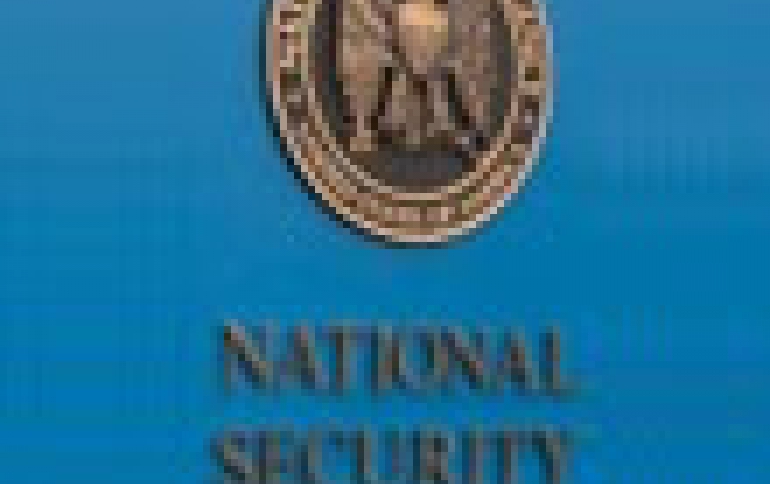
NSA Ordered to Stop Collecting Plaintiffs' Phone Records
Affirming his previous ruling that the NSA’s telephone records collection program is unconstitutional, a federal judge ordered the NSA to cease collecting the telephone records of an individual and his business. Opponents of mass surveillance cheered the ruling by U.S. District Court Judge Richard Leon, who granted an injunction to bar the NSA from collecting the phone metadata of California attorney J.J. Little and his small legal practice.
Unlike previous rulings against the NSA's program to vacuum up Americans' call data, which was exposed publicly by former NSA contractor Edward Snowden in 2013, Leon’s opinion does not grant a stay, meaning it will take effect immediately.
The judge further ordered the NSA to segregate any records that have already been collected so that they are not reviewed when the NSA’s telephone records database is queried. The order comes 20 days before the NSA program is set to expire pursuant to the USA FREEDOM Act.
United States District Judge Richard Leon issued the order in Klayman v. Obama, a case in which EFF appeared as amicus curiae. Judge Leon ruled in December 2013 that the program was unconstitutional because it violated the 4th Amendment’s prohibition on unreasonable searches. But the US Court of Appeals for the DC Circuit sent the case back to him when it held that the plaintiffs in the case did not have standing to sue because they were Verizon Wireless customers, not Verizon Business Network Services (VBNS) customers, and the latter is the only provider the US government has acknowledged participated in the program. The plaintiff then amended the complaint and added two more plaintiffs, J.J. Little and his firm J.J. Little & Associates, P.C., both of which are long-standing VBNS customers.
Judge Leon found that these two new plaintiffs had standing to sue the NSA both over the past phone records collection as well as the ongoing collection. He then issued a preliminary injunction barring the NSA from further collection and querying of their records that had already been collected.





















